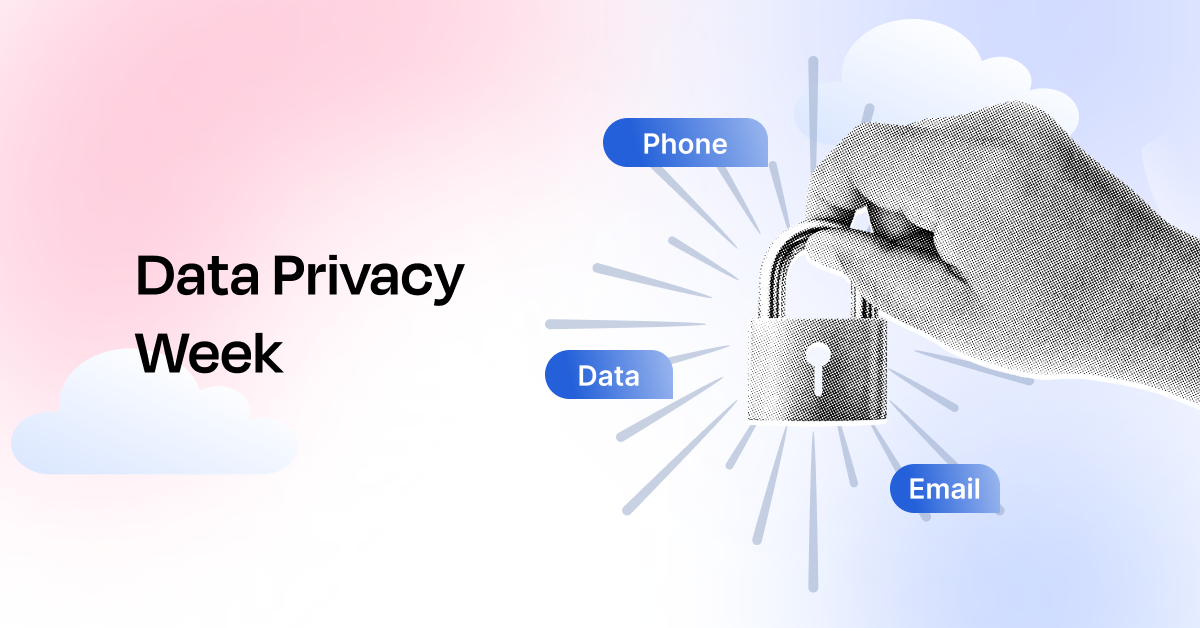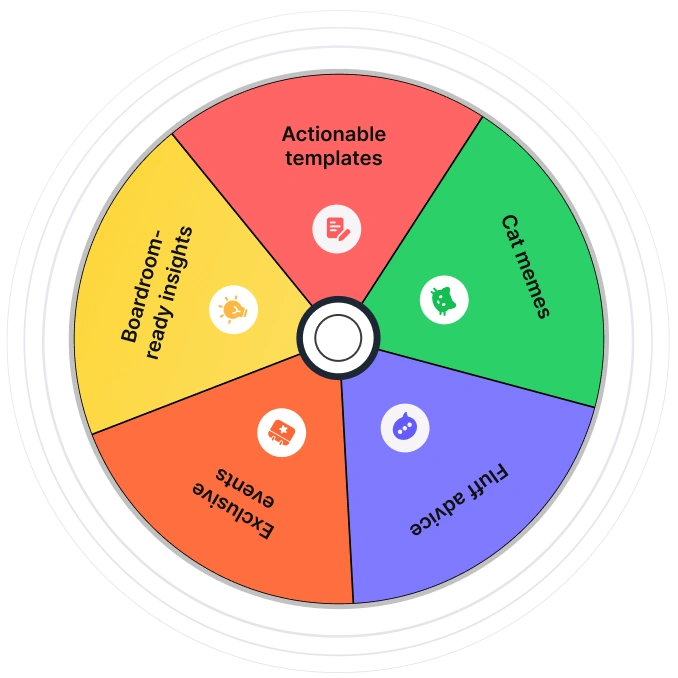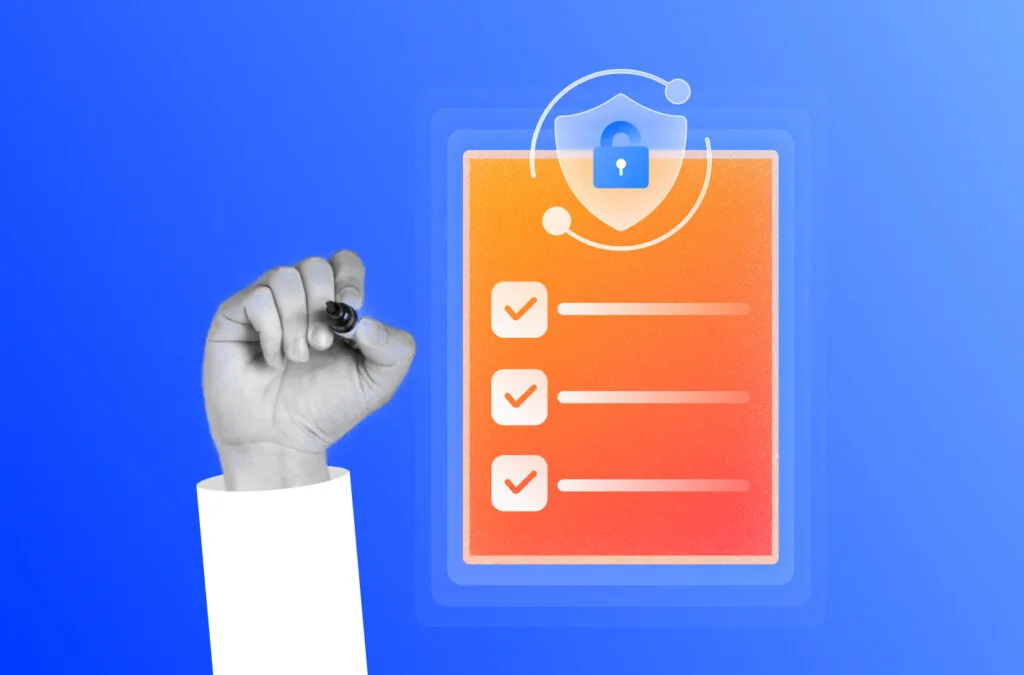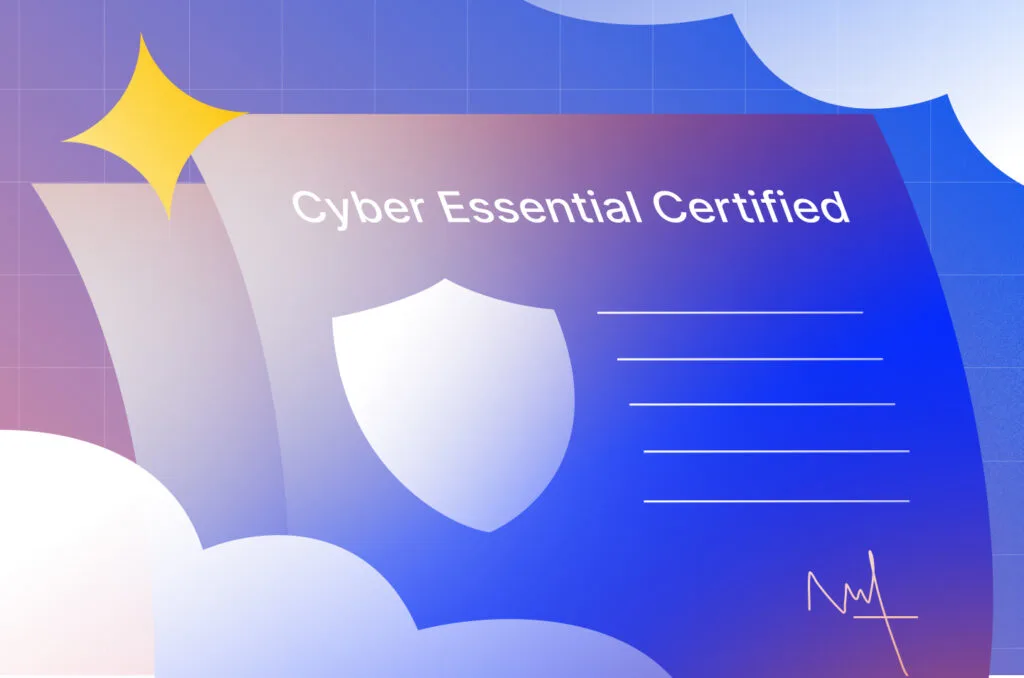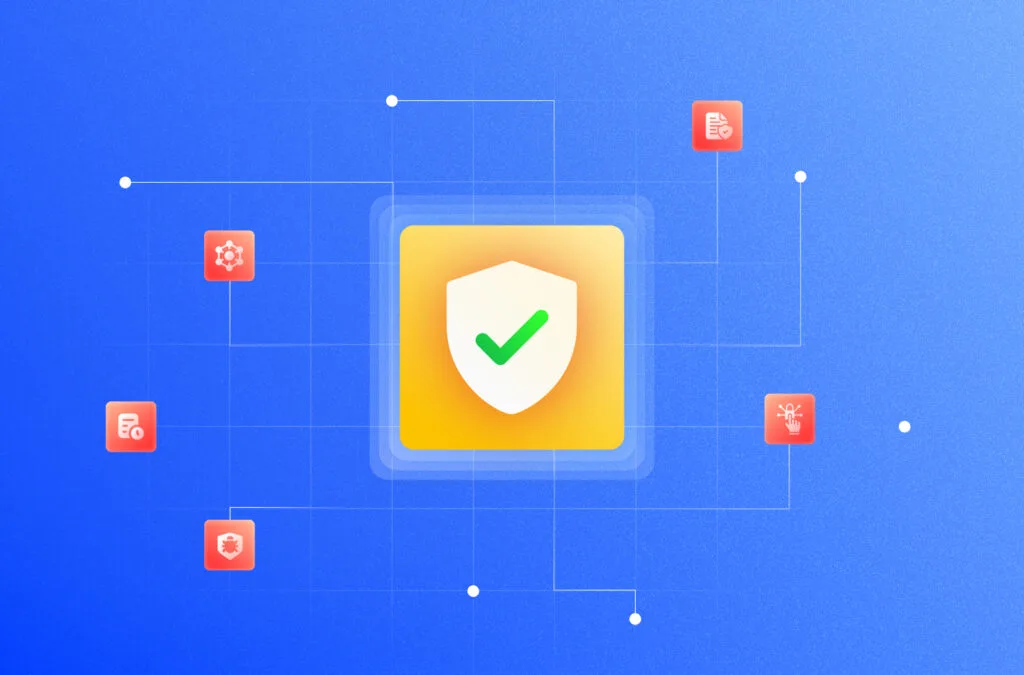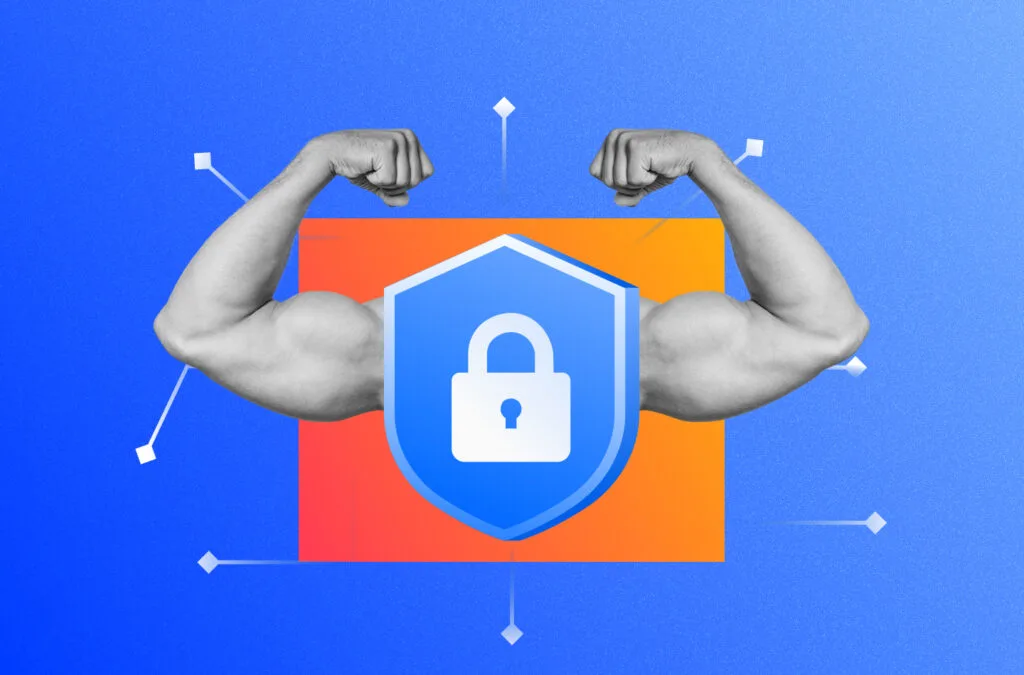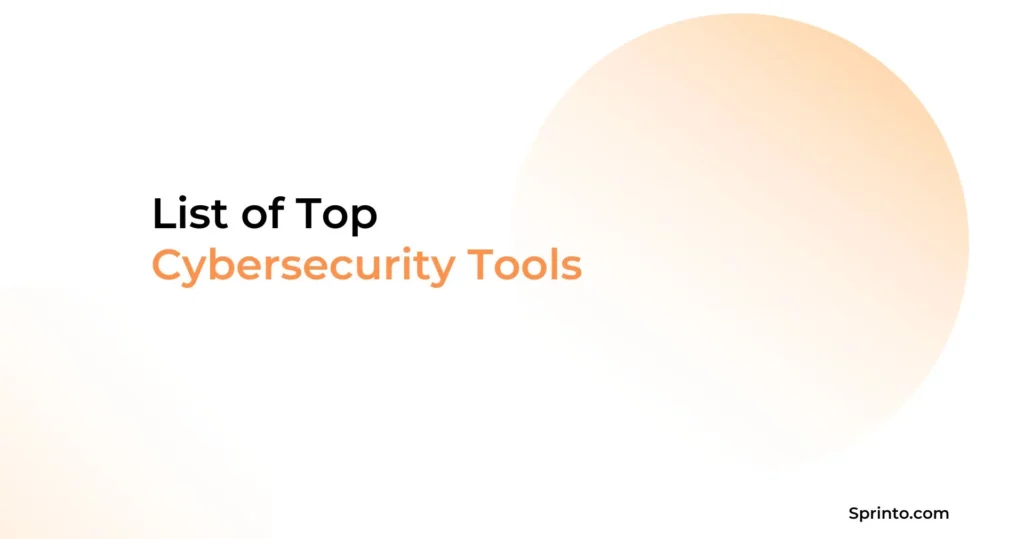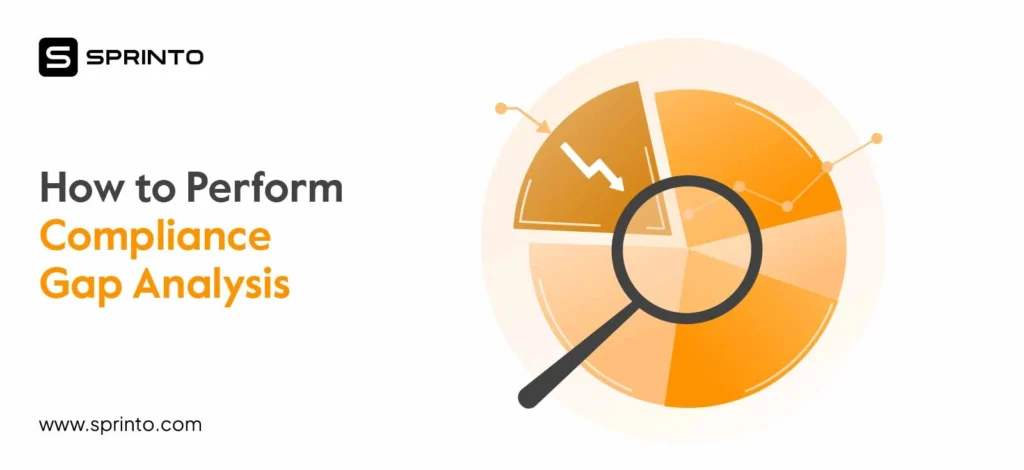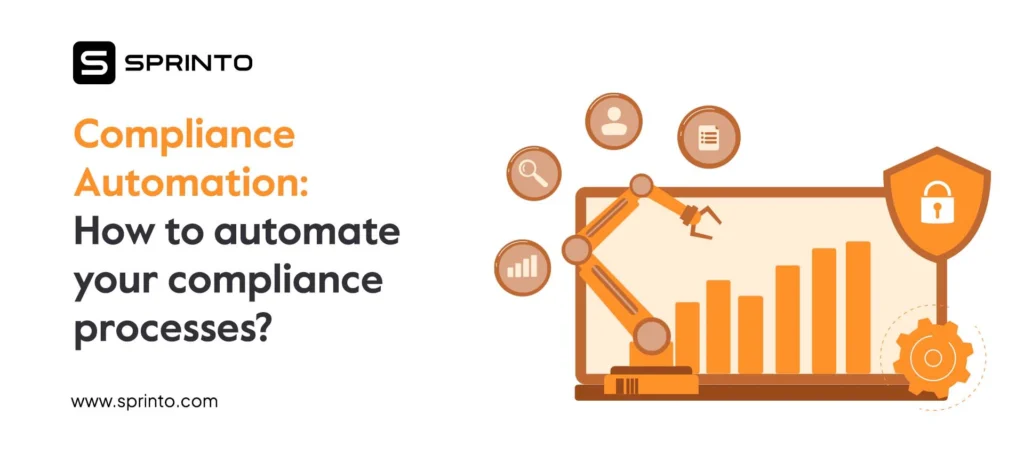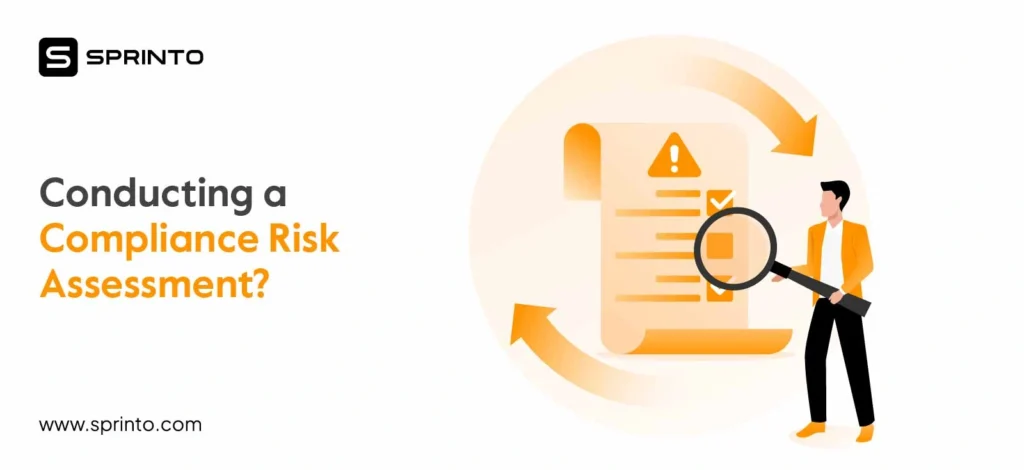“You’re being constantly watched.” Sounds creepy, right?
Every download, site visit, and social media platform you log in to collects personal data, and individuals are more concerned about it than ever. In fact, 85% of adults worldwide are worried about data privacy.
Hence, in 2022, the National Cybersecurity Alliance (NCA) decided to observe a ‘Data Privacy Week’ every year to educate and empower individuals worldwide about their data and privacy rights.
As a matter of fact, the theme for Data Privacy Week 2025 is ‘Take Control Of Your Data.’
Let’s dive into how this concept has evolved, its importance, and how to celebrate it.
| TL;DR Data Privacy Week spreads awareness to protect individuals’ information and empower users to hold businesses accountable for privacy. During this week, businesses must update privacy policies, audit data controls, conduct data privacy training, evaluate compliance tools, and communicate with customers. The privacy week 2025 can be celebrated by securing accounts, educating, learning about personal information, and cleaning up your digital footprint. |
What is Data Privacy Week?
Data privacy week is an annual campaign to raise awareness about protecting personal information online, enabling trust, and respecting people’s privacy. It encourages individuals and organizations to secure data and understand privacy best practices proactively.
Data Privacy Week is typically held in the last week of January. In 2025, it will be observed from January 27 to January 31.
The concept originated from observing Data Privacy Day on January 28, which commemorates the signing of Convention 108 (Jan. 28, 1981) in Europe, the first legal instrument regarding data protection.
Data Privacy Week Events
| Data Privacy Week (Cyber Week) Events: | Date and Time | Ticket Price |
|---|---|---|
| Data Privacy Week @ UBC | On Jan 28, 2025 – From 10:00 AM to 11:00 AM | FREE |
| Data Privacy Day at Harrisburg University | On Jan 30 to 31, 2025 – From 7:30 PM to 1:30 AM (IST) | FREE |
| “Top of Mind” Data Privacy Webinar by the Office of the Information and Privacy Commissioner of Saskatchewan | On Jan 31, 2025 – 10:30 PM (IST) | FREE |
Evolution of data privacy
The idea of data privacy started with the emergence of data privacy laws due to computing advancements. In the 1980s, the first set of international privacy principles, the OECD Guidelines, were established.
Modern data protection began with the introduction of the Data Protection Directive in the EU in the late 20s. Following that, the 2000s saw multiple standards and laws come into play, such as the GDPR, CCPA, ISO 27001, etc.
Ever since then, there has been no stopping around data protection. Currently, businesses place increasing emphasis on transparency and trust.
Advancements in AI, IoT, and the metaverse continue to shape data privacy. Businesses are naturally responsible for building a culture of privacy that prioritizes transparency, ethical practices, and compliance to build trust and secure customer data.
Why does Data Privacy Week matter?
For individuals, all users must understand their rights and the fact that they have the ultimate power over their data privacy. It provides tips and tools to help them take control of their data and privacy settings. It also highlights the risks of data breaches and identity theft.
For organizations, Data Privacy Week acts as a reminder about their responsibility toward the data they collect and process. It’s also a nudge to stay updated on evolving regulatory changes and data protection laws.
How can businesses prepare for Data Privacy Week?
Businesses’ key roles during privacy awareness week are to review their current data handling practices, implement privacy standards, and conduct awareness training. However, this is not as simple as it sounds.
Here’s how businesses can prepare for the Data Privacy Week 2025:
1. Update privacy policies
Go through all your data privacy policies, including your password policies, device use policies, data collection, cookie policies, etc., and make sure they’re up-to-date, accurate, and accessible to your customers and employees.
Focus on clauses covering data in rest or transit, data erasure, encryption, retention, and compliance requirements.
2. Audit data controls
Your privacy practices are as strong as your security controls. Review current data collection, storage, and processing controls to ensure compliance with relevant privacy laws. Check your access controls and upgrade existing security protocols to protect sensitive data from breaches and unauthorized access.
3. Conduct data privacy awareness training
At least 74% of businesses are concerned about insider threats. So, prioritize data privacy training for your employees, especially during Data Privacy Week. Rise to the occasion and launch privacy-focused training campaigns for employees and customers.
4. Consider compliance tools
Compliance automation tools could solve all the above-mentioned suggestions and provide real-time insights into your privacy controls. You don’t have to run after multiple teams and open up multiple tools to check your security posture. It’ll all be there on the dashboard for you to assess. Here’s an example:
5. Communicate with customers
Data Privacy Week is an excellent opportunity to engage with customers. You could educate them about their data rights and how the company protects their information, which would create awareness and improve your rapport with them.
How can all individuals celebrate Data Privacy Week 2025?
The best way to celebrate Data Privacy Week is to update yourself with the latest news on new threats, laws, vulnerabilities, and protection measures. Join forums or subscribe to newsletters to keep yourself informed and ready to act.
Apart from that, here are some other ways to celebrate Data Privacy Week 2025:
1. Review your privacy settings
Explore the privacy settings of your apps, social media accounts, and devices. Make time to go through every setting and restrict the shared personal information.
2. Educate yourself
You must know what data you share and why certain apps or services require it. Understand what permissions any app requests and ask if those are necessary for its functionality.
3. Secure your accounts
Change all your passwords to long, unique ones for each account and store them in a password manager. Password managers can generate and save complex passwords for you. Activate multifactor authentication (MFA) on all accounts to add an extra layer of security.
4. Be vigilant against phishing and social engineering
Phishing attempts can often be deceptive emails or messages trying to trick you into revealing sensitive information. Look for red flags like urgent language, unfamiliar senders, and links that don’t match legitimate URLs.
5. Clean up your digital footprint
You should delete old apps, services, or accounts you no longer use from your phone. Every account you keep is another potential entry point for hackers, so reducing your online presence helps minimize your risk.
6. Avoid public Wi-Fi
Whenever possible, use your mobile data or a trusted Wi-Fi network. If you must use public Wi-Fi, consider using a Virtual Private Network (VPN).
7. Educate on PII
Personally Identifiable Information (PII) includes data like your name, address, email, phone number, Social Security number, and financial details that can identify you. Share your knowledge about protecting personal information with friends, family, and colleagues.
Prioritizing data privacy all year with Sprinto
Data privacy must be a sustaining commitment, and its importance mustn’t die down by the end of this week. Instead, it should be a continuous effort that spans the entire year.
But continuous privacy is not just about complying with best practices or industry standards. It’s about fostering trust so that privacy becomes an integral part of your business ethos. Privacy-by-design principles, focused on by laws like the GDPR, encourage embedding privacy into the core of your operations.
In this context, tools like Sprinto help by pulling control information from your existing infrastructure and mapping it to control requirements while offering real-time monitoring. This can enable your business to thrive in an increasingly privacy-conscious world while reinforcing your reputation as trustworthy and responsible.
Frequently asked questions
1. What is the theme of Data Privacy Week 2025?
The theme for Data Privacy Week 2025 is “Take Control of Your Data.” It focuses on empowering individuals to take charge of their personal information by understanding their data rights and how they can protect their privacy in the digital world.
2. What is the future of data privacy?
Growing regulations and technological advancements shape the future of data privacy. With the rise of artificial intelligence, IoT, and other emerging technologies, data privacy will increasingly rely on privacy-by-design principles. Businesses will need to innovate while ensuring compliance with privacy laws.
3. What are the top 3 risks in data privacy?
The top three risks in data privacy are:
- Data breaches and cyberattacks
- Misuse or unauthorized access to personal data
- Non-compliance with evolving data protection laws
4. How to make Data Privacy Week fun?
Businesses and individuals can engage in interactive workshops, privacy-themed games, social media challenges, and rewarding quizzes to make learning about data privacy enjoyable. Gamification elements, such as quizzes and scavenger hunts related to privacy settings, can engage participants while educating them.
5. What is the aim of data protection?
Data protection’s primary aim is to ensure that personal information is handled securely and lawfully. It also aims to prevent unauthorized access, misuse, or theft of personal data and ensure that individuals retain control over their information.
Pansy
Pansy is an ISC2 Certified in Cybersecurity content marketer with a background in Computer Science engineering. Lately, she has been exploring the world of marketing through the lens of GRC (Governance, risk & compliance) with Sprinto. When she’s not working, she’s either deeply engrossed in political fiction or honing her culinary skills. You may also find her sunbathing on a beach or hiking through a dense forest.
Explore more
research & insights curated to help you earn a seat at the table.



